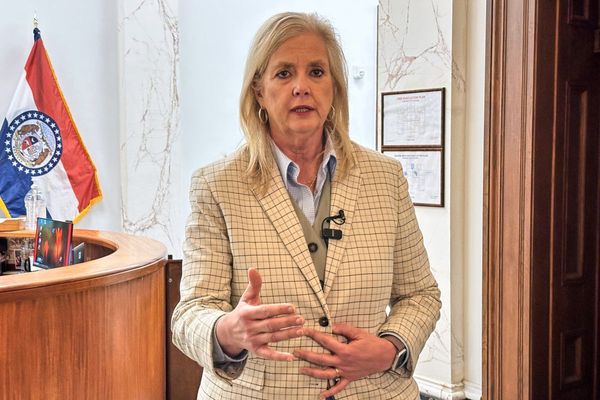
The ongoing debate about the potential benefits of a shorter working week has sparked a wave of optimism. The concept of working fewer hours or days, which has been successfully implemented in various parts of the world, including Latin America, is now under serious consideration.
Typically, most companies require their employees to work eight-hour shifts five days a week, rounding out to a 40-hour work week.
To gauge what the younger generation thinks about the heavily discussed topic, CNBC/Generation Lab conducted a comprehensive survey titled 'Youth & Current Affairs in the USA'. The survey was sent to a diverse group of people aged between 18 and 34, ensuring a representative sample of the population.
Among the 1033 Americans who participated in the survey, a staggering 81 per cent believe that a four-day workweek would significantly benefit their company. These individuals are confident that a shorter work week would not only enhance their work-life balance but also boost the company's productivity.
The remaining 19 per cent believe their company's operations would not be optimised through one fewer working day.
However, the respondents are not keen on receiving a lower salary in exchange for more time off from work. Seventy-six per cent of survey respondents revealed that more vacation days would be unappealing to them if they must be paid less.
A newly introduced bill to Congress by United States Senator Bernie Sanders has seen him advocate for a 32-hour work week that includes employees not receiving a pay cut. This bill, if passed, could set a precedent for shorter workweeks in the US and potentially influence global discussions on work-life balance.
Whilst the younger generation of Americans agrees on some work-life matters, there are disagreements regarding workplace settings. Sixty per cent of respondents revealed that they perform to the best of their ability in company offices, whilst 40 per cent feel working from home suits them better.
With more companies requesting employees to return to the office on a full-time basis, coupled with nearly two-thirds of survey respondents preferring working on-site, a four-day workweek appears logical. If these workers believe they are best equipped to carry out their duties in the office, they will seemingly get more work done. Hence, a fifth workday may be unnecessary. Moreover, a shorter workweek could potentially improve work-life balance, leading to happier and more productive employees.
Also, a shorter work week would be a good compromise for the workers not keen to go into their company office regularly as they work better remotely. They would have to come to work for one fewer day physically.
A four-day work week has already been trialled across the US, with a Colorado police department adopting a 32-hour-a-week schedule for its officers last July. The department reported that cutting down from 40 hours of work per week proved successful as officers had more energy when starting their shifts, leading to improved performance and job satisfaction.
A simple way of cutting down on work hours was for the department to eliminate unimportant meetings and have fewer meetings altogether. Also, officers were informed to refrain from carrying out personal errands during work hours.
New York Mets owner and hedge-fund manager Steve Cohen is among America's high-profile figures suggesting that a four-day workweek is on the horizon. He believes that is down to people typically being less productive on Fridays and artificial intelligence being advanced enough to assist companies.
Microsoft co-founder Bill Gates believes the work week could be reduced to three days due to AI and technology. He envisions a future where advanced automation and AI systems can handle a significant portion of the workload, allowing humans to focus on more strategic tasks and reducing the need for long work hours.
While the idea of a four-day workweek is appealing, it's important to acknowledge the potential challenges. Some companies may hesitate to adopt this model, fearing that it could lead to more intense working hours and a struggle to complete five days' worth of work in four days.
That is why early finishes on Friday could be the option that companies opt for, as it ensures there are enough hours for work to be finished in a non-stressful manner. It also allows employees to have an earlier start to the weekend.







